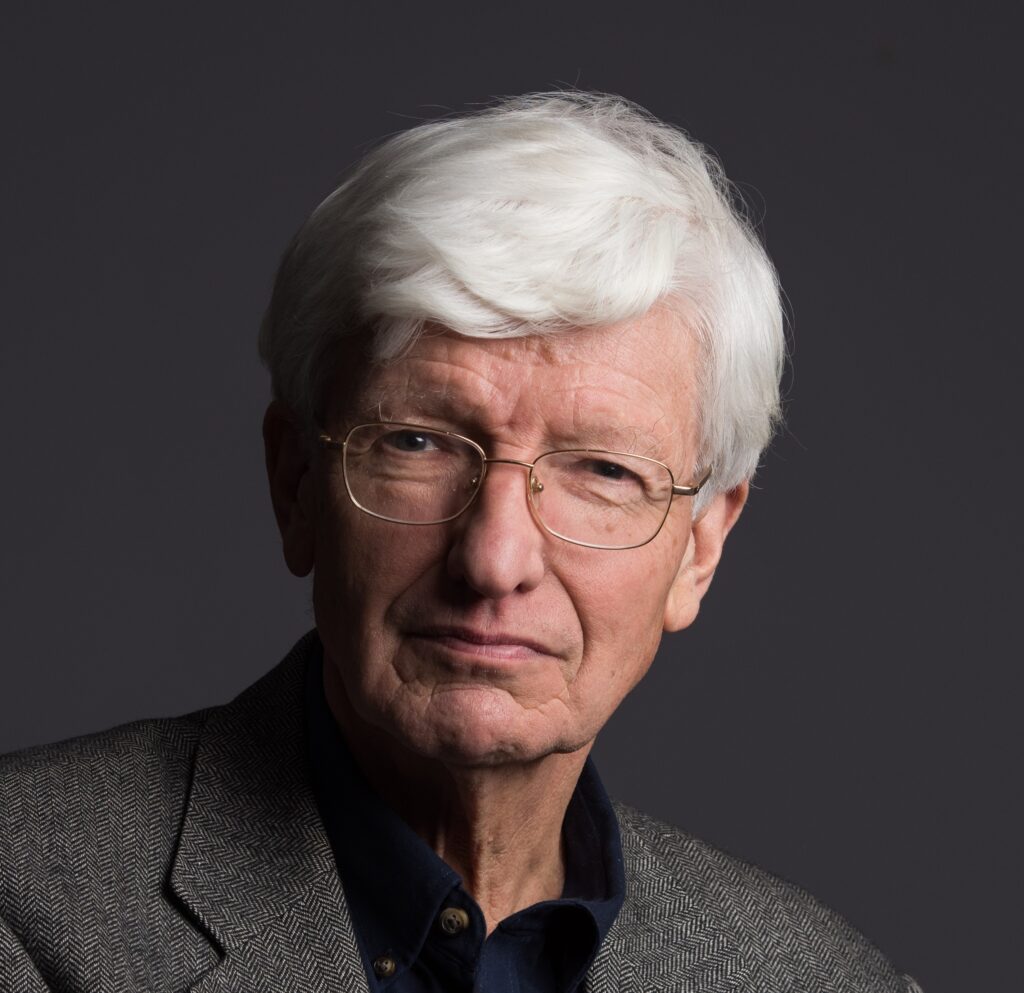Energy Seminar – Week 4: Royal Society Report on Energy Storage
Professor Sir Chris Llewellyn-Smith FRS
- Start Tuesday 31 Oct 2023 5:00pm
- Finish Tuesday 31 Oct 2023 6:30pm
- Venue Dyson Perrins Building
- Postcode OX1 3AN
- Download event slides - PDF (2.45 MB)
- Watch seminar recording (external site)

THIS IS AN IN PERSON AND ONLINE EVENT
Summary: Electricity will meet an increasing fraction of the world’s growing energy needs as fossil fuels are phased out. In Great Britain most will be provided by wind and solar. To match wind and solar, which are volatile, with demand, which is variable, they must be complemented by using wind and solar generated electricity that has been stored when there is an excess, and/or supply from large-scale flexible low-carbon sources, of which there are very few. Chris’s talk will describe the findings of a study (which can be found at royalsociety.org/electricity-storage) of options that can provide reliable electricity when wind and solar generation is unable to meet demand directly (with or without steady baseload supply). The long-term variability of wind speeds requires some very long-term large-scale storage, which would best be provided by hydrogen. The cost appears to be acceptable, but new market mechanisms will be needed to attract the investment that will be needed.
Speaker: Chris Llewellyn Smith, who is a theoretical physicist, is currently interested in all aspects of energy supply and demand, especially elecricty storage. Chris has inter alia served as Director of Energy Research, University of Oxford (2011-17); President of the Council of Synchrotron-light for Experimental Science and Applications in the Middle East (2008-17); and Director General of CERN (1994-1998), when the Large Hadron Collider was approved and construction started. He has written and spoken widely on science funding, international scientific collaboration and energy issues, and served on many advisory bodies nationally and internationally, including the UK Prime Minister’s Advisory Council on Science and Technology (1989-92). His contributions to theoretical particle physics and leadership have been recognised by awards and honours world-wide, including election to the Royal Society (1984), which awarded him a Royal Medal in 2015.

